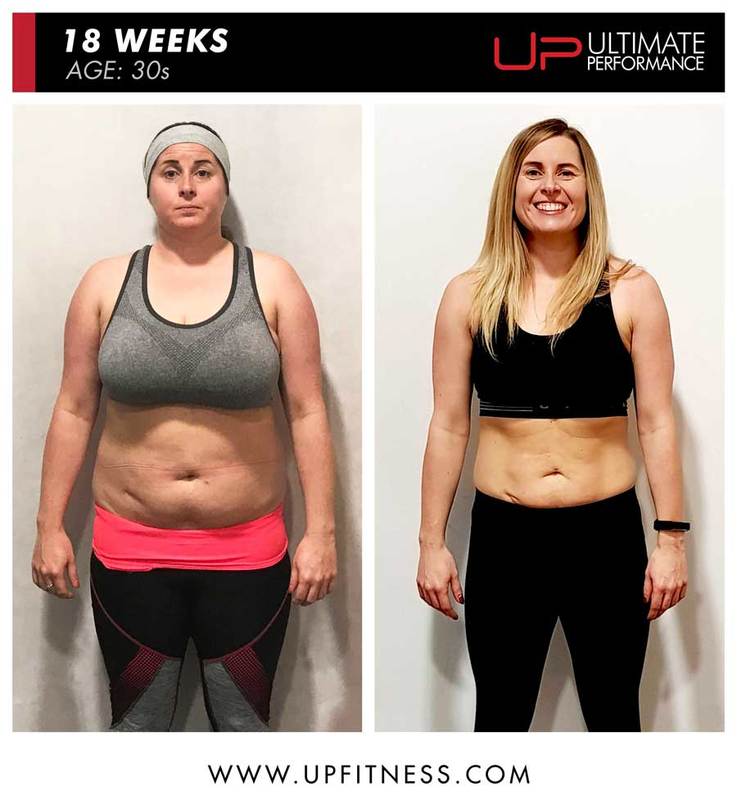Androgens are a group of natural or synthetic steroid hormones that primarily influence the growth and maintenance of masculine characteristics.
Androgens, such as testosterone, are vital to the normal functioning of the reproductive system, lean muscle growth, bone strength and emotional and cognitive functioning. They are often referred to as “male hormones” but are present and essential in both males and females. In fact, women have more androgens than estrogens (female sex hormone) circulating in their bodies, but men produce more.
Hyperandrogenism is when androgens are higher than they should be and is a key characteristic of PCOS (polycystic ovary syndrome). However, there are other possible causes that must be ruled out before a diagnosis can be made.

There are two kinds of hyperandrogenism and that is clinical and biochemical.
Clinical is where there are visible signs or symptoms that androgens might be higher, and these can be seen or experienced without medical testing.
Biochemical is when lab work shows high levels in the bloodstream.
If you think you are suffering from hyperandrogenism, it is important to consult your doctor for advice on what to do further.
Here are some clinical signs of high androgens in women to be mindful of:
- Irregular menstrual cycle
- Excess body and facial hair
- Acne and oily skin
- Mood changes and fatigue
- Fat storage around the mid-abdomen
In conjunction with seeing your doctor, some lifestyle changes you can consider to help rebalance your androgens are:
- Managing stress, sleep and self-care techniques
- Managing your blood sugar levels by removing highly processed foods and focusing on a diet rich in quality proteins, fats (especially omega 3s) and fibrous carbohydrates
- Ensure you are getting enough Vitamin D through diet and supplementation if necessary
- Exercise, in particular, resistance training for weight management and improving insulin resistance

Regaining control over PCOS – Kelly’s story
Kelly had been struggling with PCOS for years.
She had all the hallmarks associated with the condition – fatigue, low mood and fat storage around her midsection.
Coupled with a poor diet, a high-stress job and regular international travel, she completely lost control of her weight – ballooning up to a size 14.
Ultimate Performance helped her get on top of her PCOS holistically with effective weight training, personalised nutrition and stress management strategies.
Now she has lost 15kg and dropped 4 dress sizes over 18 weeks. Not just that, but her energy levels are back to where they were and her diet and PCOS is firmly under control.
Here she shares her story and six tips that helped her make her impressive transformation.



